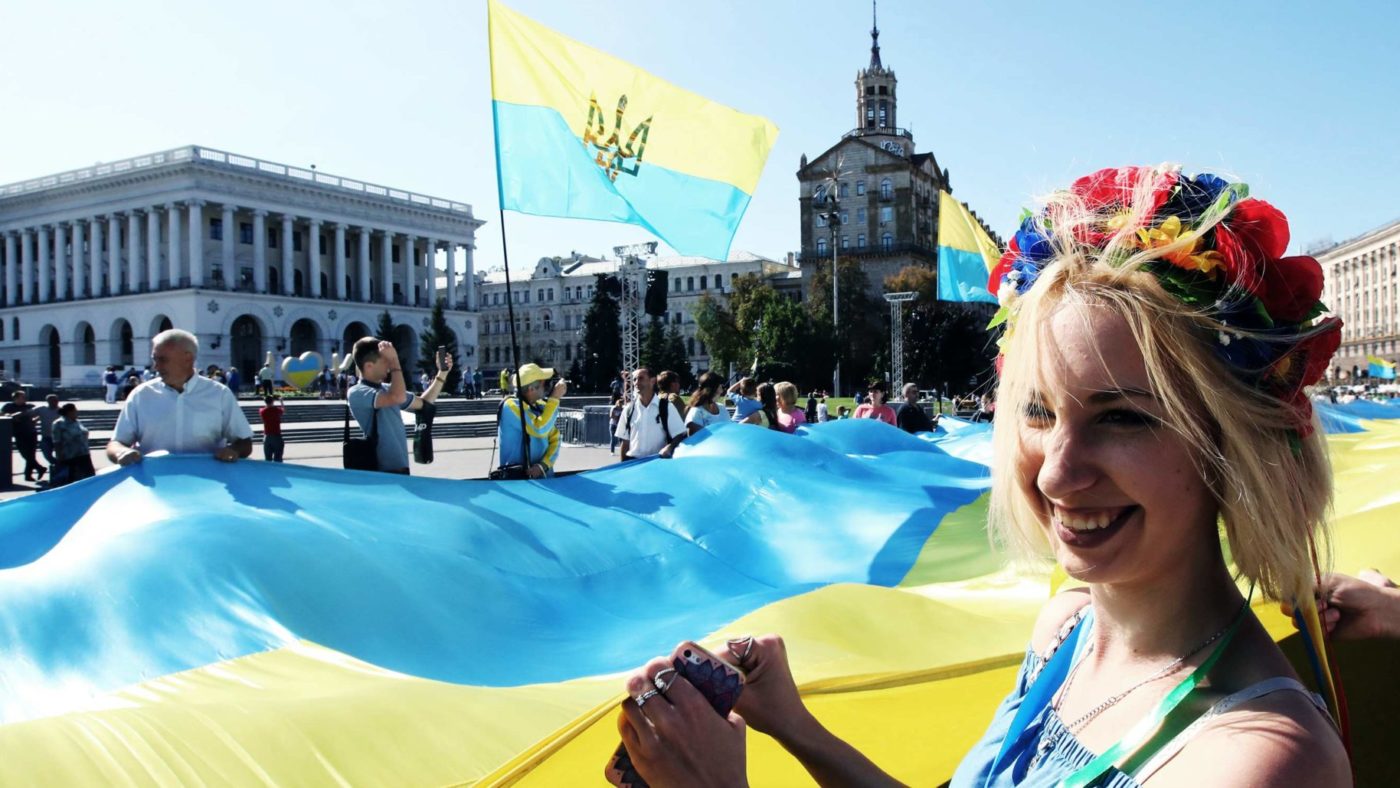Ever since the repeal of the Corn Laws in the 19th century, Britain has been at the forefront of global free trade. That liberalisation has served the UK well, making products and services cheaper and better. It is in keeping with that tradition that the Department of International Trade is busy negotiating new post-Brexit free trade agreements (FTAs). While the top trading priorities understandably include the EU, the US and China, Ukraine is worth taking a closer look at.
For starters, this nation of 42 million is among the top food exporters in the world: the number one exporter of sunflower oil, number six in corn and number seven in wheat. Not for nothing is Ukraine known as the ‘breadbasket of Europe’.
That should be of particular interest to the UK, for whom the EU’s Common Agricultural Policy has always been something of a nuisance. As a net importer of food products, Britain has had to come to terms with other large European food-producing nations that traditionally preferred protection and heavy farm sector subsidies, often to the disadvantage of British consumers.
Ukraine has also experienced the pitfalls of EU farm policy. In 2014, the Poroshenko government signed a Deep and Comprehensive Free Trade Agreement with the EU. While Ukraine’s overall exports to the EU have risen by 30%, quotas on many agricultural products from Ukraine are so low that they are reached within just a few days of trade.
In 2019, UK-Ukraine trade volume was a modest £1.12 billion. The good news is both governments have been negotiating an FTA for some time now. The trade component of the EU-Ukraine Association Agreement as a general framework, and talks have now reached the agricultural sector. This is a great opportunity to negotiate a mutually beneficial agreement that would meet the interests of Britain’s domestic markets and increase the presence of Ukrainian food in the UK. This would, in turn, benefit Ukraine’s economy, which has struggled with six years of withstanding a belligerent Russia inside its sovereign territory.
Freer trade with Ukraine can also make a significant contribution to the UK’s food security, with British consumers benefiting from a wider variety of affordable, high-quality products. Ukraine produces a great number of relatively inexpensive, organically grown products that are bound to appeal to British shoppers – from honey to walnuts, poultry and a wide variety of fruit and veg. At the same time, British manufacturers of farm machinery will benefit from sales to Ukrainian farmers, among whom demand for British agricultural equipment is growing steadily.
Once a bilateral free trade agreement is signed and ratified by both parliaments, it will open up new opportunities for British investors too. Growing tensions between the US and China could well lead to a disruption of traditional supply chains from China. This is the right time for British companies that have outsourced production to China over the past 20 years to hedge their bets by making Ukraine an alternative or supplemental manufacturing location. Kyiv is only a few hours’ flight from the UK, and products can be shipped from the country’s Black Sea ports or over land via Poland.
Many UK companies are already in Ukraine, and British foreign direct investment is already worth over £1.6bn. Consumer goods giant Unilever recently opened a tea packaging facility employing 100 people in Hostomel, a town in the Kyiv metro area. Bentley is producing its leather-coated steering wheels in Kamianske, an industrial city in southeastern Ukraine. And then there are the London-based financial institutions which have been outsourcing their back office work to Ukrainian IT engineers for over a decade.
Along with boosting our trade links, this is a good time for London to revisit its visa policies. Although Ukraine has extended visa-free entry for UK citizens until the end of this year, beyond then British citizens will need a visa to visit the country. Equally, the cost and red tape involved in Ukrainians getting a British visa is to the detriment of a British tourism industry already dealing with the ravages of Covid-19. Easing those visa procedures for Ukrainians would be a welcome signal for Kyiv to reciprocate by offering permanent visa-free travel for British citizens.
Education should also be a vital part of out future bilateral relationship.As a recipient of a British government-funded Chevening scholarship, I was able to get a postgraduate degree from the London School of Economics. I would like to see more Ukrainian students benefit from the stellar higher education that I experienced in the UK. This will both serve British universities well and will help educate the next generation of smart and skilled Ukrainians who can continue to transform their struggling nation.
The profound harm wrought by the pandemic means the need for fresh ideas and new markets has never been more vital to economic recovery. For the UK, building a vibrant economic and cultural relationship with Ukraine should be an important of that process.
Click here to subscribe to our daily briefing – the best pieces from CapX and across the web.
CapX depends on the generosity of its readers. If you value what we do, please consider making a donation.


